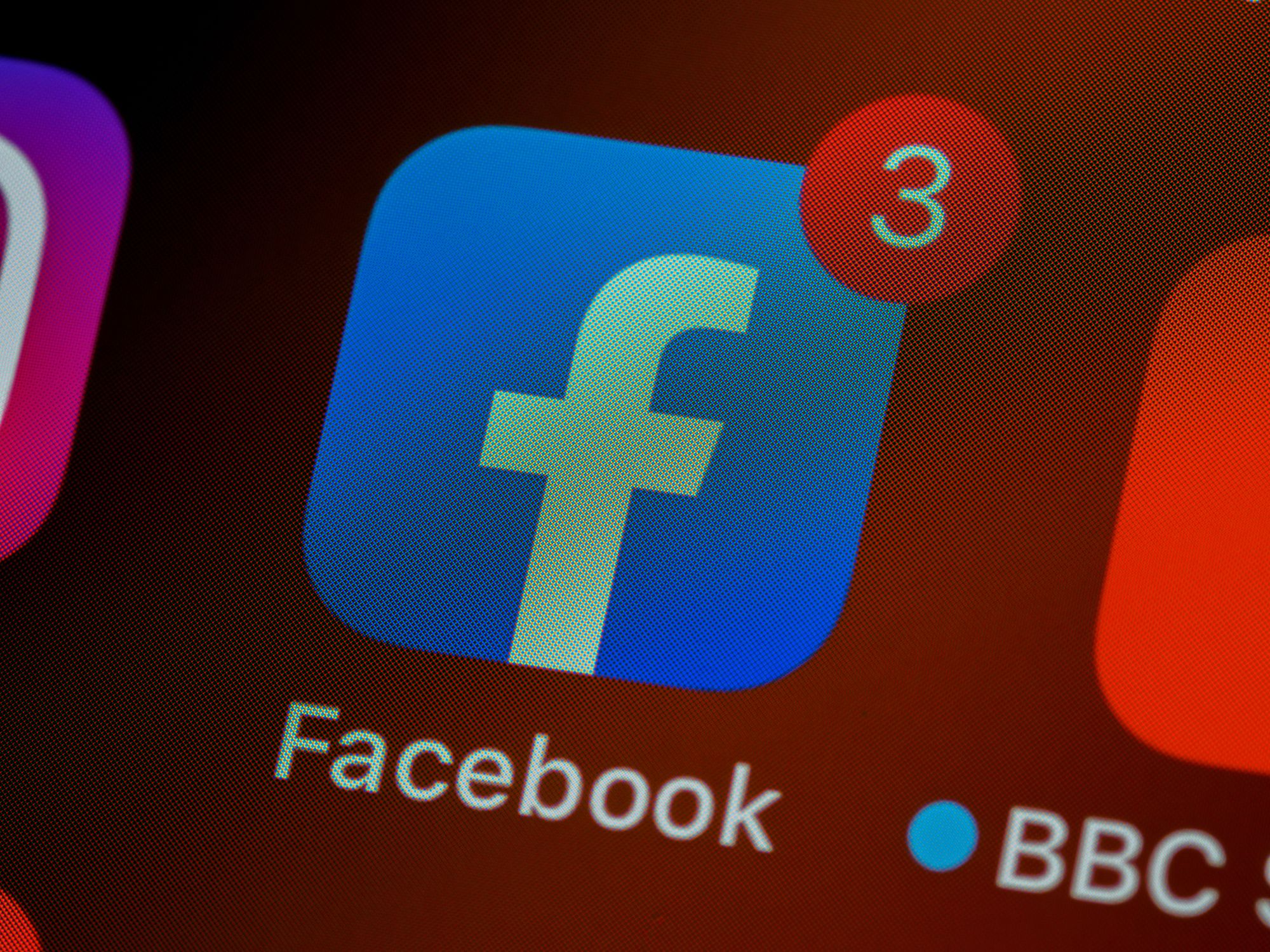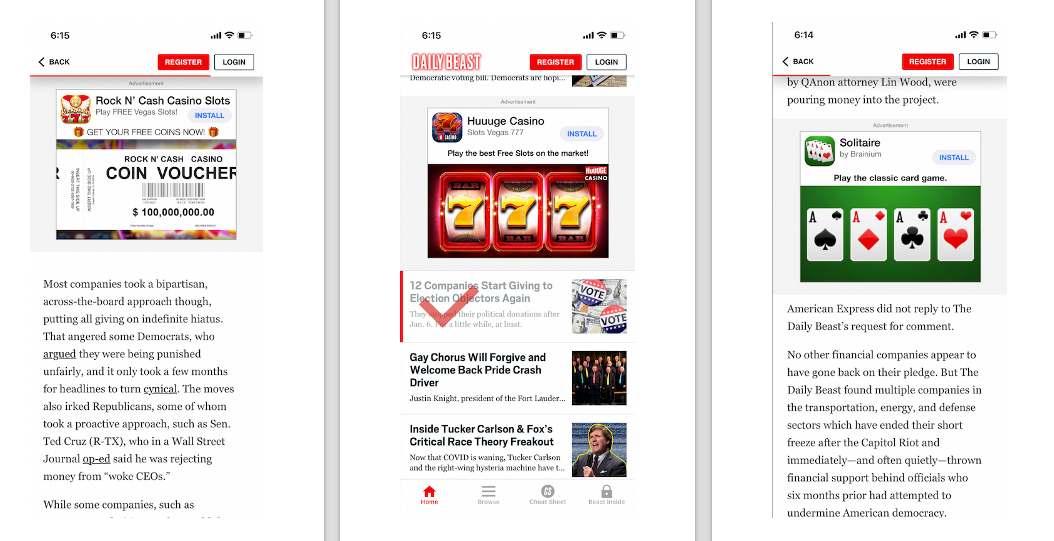Facebook Beats FTC, Ugly Ads, the 4-Day Work Week

FTC Humiliated, Facebook Antitrust Case Dismissed
Earlier today, a federal court judge dismissed state and FTC antitrust lawsuits against Facebook. Like that. The news propelled Facebook's market capitalization above $1 trillion for the first time. Although the FTC could keep the case alive with an amended complaint, it's a humiliating setback – for the agency and antitrust enforcement against Facebook. The court said, in its opinion, that the government had failed to present sufficient facts to support the claim that Facebook was in fact a monopoly or engaged in anticompetitive behavior. While it seems clear to many laypeople that Facebook is too powerful, the plaintiffs couldn't meet the legal requirements of Section 2 of the Sherman Act or Section 13(b) of the FTC Act.

Our take:
- The state Attorneys General case was killed because too much time had elapsed between the conduct at issue (buying competitors) and the litigation.
- The FTC didn't present enough facts. And while not impossible, it's going to be difficult to amend the complaint in a way that revives the case.
- The court's rationale reflects old thinking about antitrust. Congress will have to change the law before such litigation can succeed.
IDFA Opt-In Strategy: Show the Ugly Ads
In the several months since Apple's AppTrackingTransparency rules kicked in, opt-in rates have remained low. In the US, it's either 6% or 14% depending on how you look at it: 6% overall, but 14% for those actually seeing the prompts. To "educate" and persuade users to opt-in, many publishers are now showing pre-permission messaging. Typical arguments include: keeps the content free, personalizes the ad experience, helps support our site and so on. I have declined to opt-in to any of the apps that have shown me the prompt, including the Daily Beast. Below are the ads I started seeing on the site afterward; it sort of made me regret the decision. This is a strategy.

Our take:
- Years ago, I opted out of all behavioral targeting through AdChoices. After that it was all Christian Singles and Viagra – truly.
- Consumers are not opting-in because they don't trust publishers or know what happens to their data. This should be explicitly addressed.
- If publishers can preview the ugly ad experience (if users decline to opt-in) some number of them may say "yes."
How Real Is the 4-Day Work Week?
In the wake of COVID-19, the notion of a four-day work week may be catching on. Boosted by an experiment Microsoft did in Japan in 2019, there's a more serious discussion happening now. In the Microsoft Japan example, the company found that worker productivity actually increased 40% though people were presumably working fewer hours. Now the Japanese government is trying to get more companies to officially adopt the four-day work week. More American companies are taking a look as well. Kickstarter announced that it would test the concept next year. Shake Shack and Unilever are also in process with their own "experiments." And there's an online community promoting the idea globally.

Our take:
- A few of the tech company executives I casually mentioned the idea to dismissed it as a ridiculous concept.
- Assuming favorable results of the various "tests," we're likely to see more startups offering the four-day week as a recruiting and PR tool.
- In the future, we could see companies forced to consider a four-day week to compete for talent. A weak economy, however, would kill momentum.
Recent Analysis
- Local Listings Domino Theory, by Andrew Shotland.
- Near Memo Episode 21: Google’s delay of FLoC, DuckDuckGo success, new SMB covid reality?
Short Takes
- 85% of US adults own smartphones, 77% have home broadband.
- Texas court: Facebook liable for sex trafficking conducted on its site.
- Digital OOH company Firefly buys Curb Taxi Media.
- Domino's Pizza website and app failed to comply with the ADA.
- Robotic pizza delivery vehicles now traversing Austin, TX bike lanes.
- Moz blog: Google Posts best practices from Joy Hawkins.
- TikTok ultimately a creature of the Chinese government.
- UK gov't: Amazon, Google breaking law by not purging fake reviews.
- NY city council seeking to cap food delivery fees at 20%.
- Startups boomed during pandemic, higher than in normal year.
- Scott Galloway's existential musings/reflections on space billionaires.
- Film F9's $70M theatrical debut argues traditional movies are back.
- Nextdoor seeks to accelerate international growth.
Listen to our latest podcast.

How can we make this better? Email us with suggestions and recommendations.

